Understanding Paychex's Capital Efficiency in Comparison to Peers
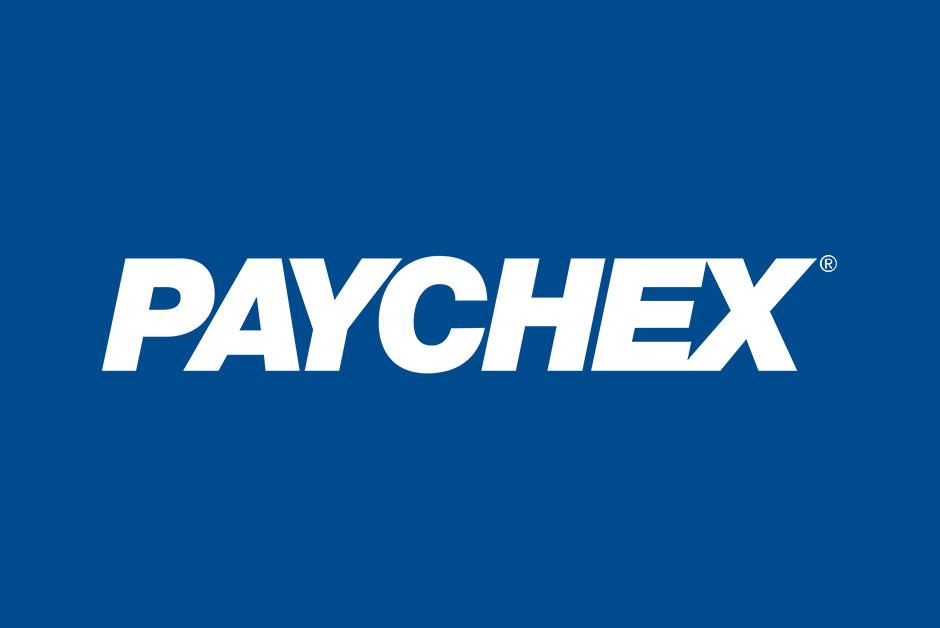
Paychex, Inc. (NASDAQ:PAYX) is a leading provider of payroll, human resource, and benefits outsourcing services for small to medium-sized businesses. The company competes with firms like Automatic Data Processing, Inc. (ADP) and Cintas Corporation (CTAS) in the business services sector. Paychex's financial performance is often evaluated by comparing its Return on Invested Capital (ROIC) to its Weighted Average Cost of Capital (WACC).
Paychex boasts a ROIC of 32.27% and a WACC of 8.92%, resulting in a ROIC to WACC ratio of 3.62. This indicates that Paychex is generating returns significantly above its cost of capital, showcasing efficient capital utilization. A higher ROIC to WACC ratio suggests that the company is effectively using its capital to generate profits.
In comparison, Automatic Data Processing, Inc. (ADP) has a ROIC of 4.98% and a WACC of 8.09%, leading to a ROIC to WACC ratio of 0.62. This lower ratio indicates that ADP's returns are not as high relative to its cost of capital, suggesting less efficient capital use compared to Paychex.
Fastenal Company (FAST) and Cintas Corporation (CTAS) also trail behind Paychex in terms of capital efficiency. Fastenal's ROIC to WACC ratio is 3.08, while Cintas has a ratio of 2.15. Although both companies have positive ratios, they do not match Paychex's level of capital efficiency.
PACCAR Inc (PCAR) stands out with a ROIC to WACC ratio of 5.28, the highest among the peers. This suggests that PACCAR is generating the most significant return relative to its cost of capital, indicating a highly efficient use of its invested capital. Despite Paychex's strong performance, PACCAR leads the peer group in capital efficiency.
| Symbol | Price | %chg |
|---|---|---|
| 6098.T | 8217 | -0.11 |
| VTNY.JK | 113 | -0.88 |
| 2181.T | 279.9 | 0 |
| 6028.T | 4150 | -0.34 |

Paychex Shares Fall 7% Despite In-Line Q4 as Investors React to Conservative Organic Growth
Paychex (NASDAQ:PAYX) shares dropped 7% intra-day today after the HR solutions provider reported fourth-quarter results.
Adjusted diluted EPS for the quarter came in at $1.19, matching consensus estimates, while revenue rose 10% year-over-year to $1.43 billion, also in line with forecasts. Management Solutions revenue jumped 12% to $1.0 billion, driven by the acquisition of Paycor and improved pricing and product uptake. However, excluding the Paycor contribution, organic growth in the segment was a more modest 3%, raising some concern among investors about underlying momentum.
Looking ahead, Paychex issued fiscal 2026 guidance that includes total revenue growth of 16.5% to 18.5%, largely reflecting the full-year impact of the Paycor acquisition. Adjusted EPS is expected to grow by 8.5% to 10.5%. Management Solutions revenue is projected to rise 20% to 22%, while the PEO and Insurance Solutions segment is seen growing 6% to 8%.
While the long-term growth outlook remains solid, especially with expanded product penetration and cross-sell opportunities, the modest organic growth and lack of a clear earnings beat may have contributed to the market’s muted reaction.
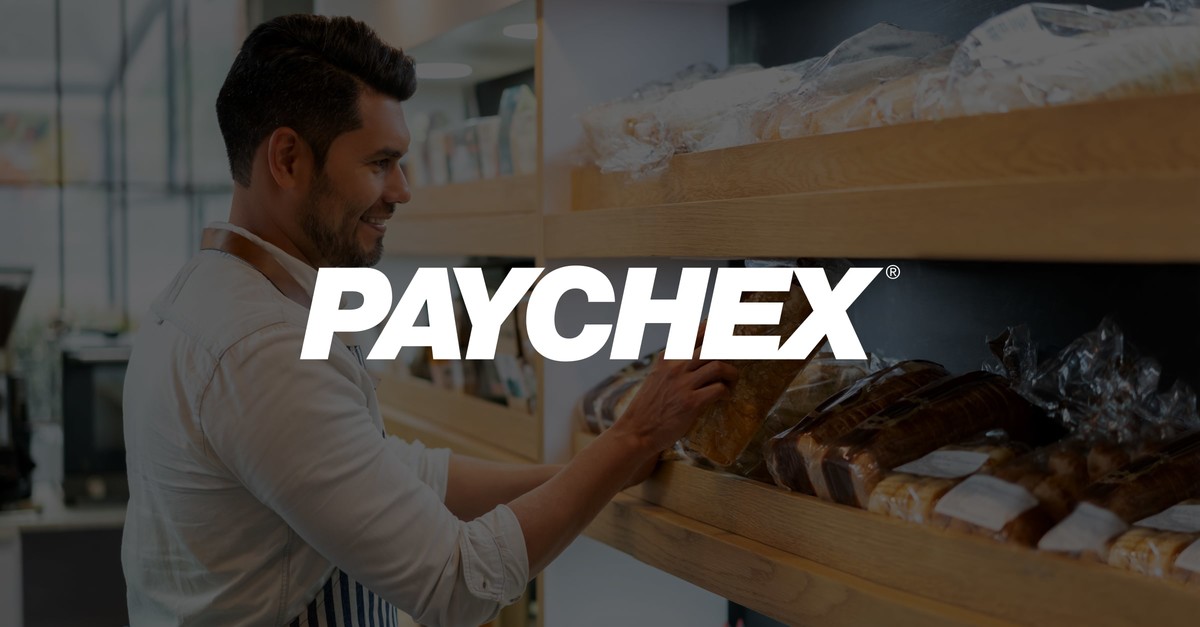
Paychex, Inc. (NASDAQ:PAYX) Financial Performance and Market Position
- Paychex reported an EPS of $1.19, meeting the estimated EPS and indicating an improvement from the previous year's EPS of $1.12.
- The company generated revenue of approximately $1.43 billion, slightly below the estimated $1.44 billion but showed growth compared to the same period last year.
- Paychex has a price-to-earnings (P/E) ratio of 28.96 and a low debt-to-equity ratio of 0.21, reflecting investor confidence and financial stability.
Paychex, Inc. (NASDAQ:PAYX) is a leading provider of payroll, human resource, and benefits outsourcing services for small to medium-sized businesses. The company operates in a competitive market alongside firms like ADP and Intuit. Paychex's services help businesses manage their workforce efficiently, making it a vital player in the business services sector.
On June 25, 2025, Paychex reported earnings per share (EPS) of $1.19, aligning with the estimated EPS of $1.19. This performance is an improvement from the previous year's EPS of $1.12, as highlighted by Zacks. The company's ability to meet earnings expectations demonstrates its consistent financial performance and operational efficiency.
Paychex generated revenue of approximately $1.43 billion, slightly below the estimated $1.44 billion. Despite this, the revenue for the fourth quarter was $1.427 billion, showcasing growth compared to the same period last year. This indicates Paychex's stable market position and its ability to maintain revenue growth over time.
The company's financial metrics further illustrate its market standing. Paychex has a price-to-earnings (P/E) ratio of 28.96, reflecting investor confidence in its earnings potential. The price-to-sales ratio of 9.27 and enterprise value to sales ratio of 9.14 indicate a strong market valuation of its sales. These figures suggest that investors value Paychex's revenue-generating capabilities.
Paychex maintains a conservative capital structure with a low debt-to-equity ratio of 0.21. This suggests a cautious approach to leveraging debt, which can be beneficial in maintaining financial stability. Additionally, a current ratio of 1.39 indicates that Paychex is well-positioned to cover its short-term liabilities, further underscoring its financial health.
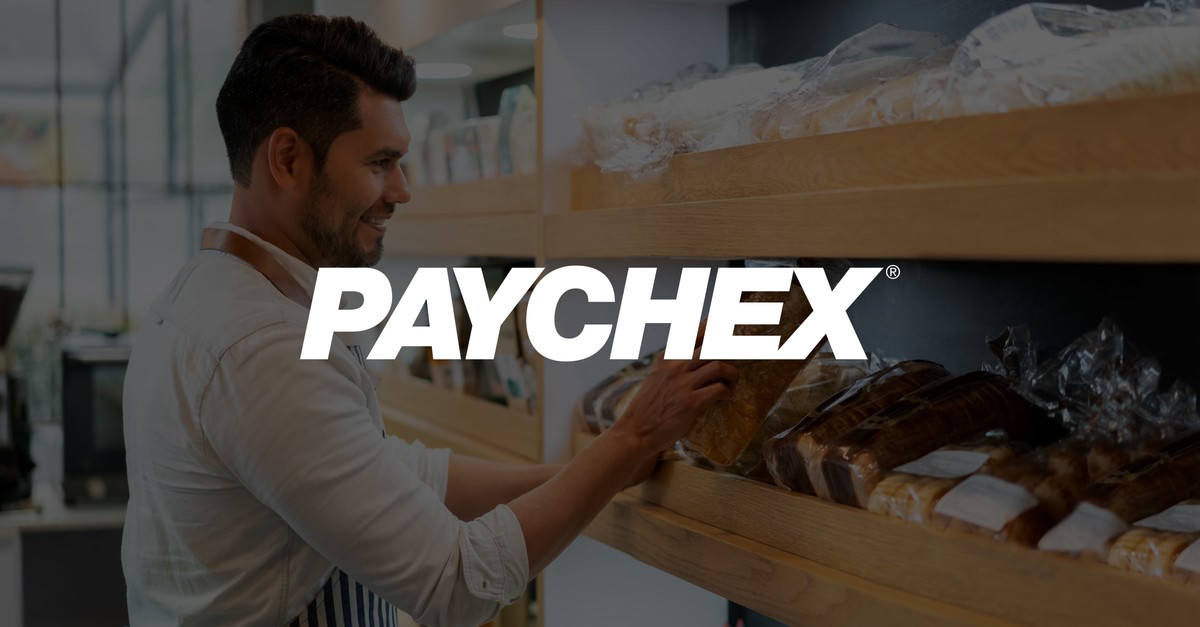
Paychex, Inc. (NASDAQ:PAYX) Stock Update and Future Outlook
- RBC Capital sets a price target of $165 for NASDAQ:PAYX, indicating a potential increase of approximately 9.55%.
- Fourth-quarter earnings are anticipated to show earnings of $1.19 per share and revenue of $1.42 billion.
- Founder Thomas Golisano to step down from the board, potentially impacting the company's strategic direction.
Paychex, Inc. (NASDAQ:PAYX) is a leading provider of payroll, human resource, and benefits outsourcing services for small to medium-sized businesses. The company is known for its comprehensive suite of services that help businesses manage their workforce efficiently. Paychex competes with other major players in the industry, such as ADP and Intuit, offering similar services to streamline business operations.
On June 24, 2025, Ashish Sabadra from RBC Capital set a price target of $165 for NASDAQ:PAYX. At that time, the stock was priced at $150.62, suggesting a potential increase of approximately 9.55%. This optimistic outlook comes just before Paychex is set to release its fourth-quarter earnings results, which are anticipated to show earnings of $1.19 per share and revenue of $1.42 billion.
Ahead of the earnings announcement, Paychex shares saw a 1.4% increase, closing at $151.25. However, the current stock price of $150.85 reflects a slight decrease of 0.4, or approximately -0.26%. The stock has traded between $150.21 and $152.17 today, with a market capitalization of about $54.3 billion. The trading volume for NASDAQ:PAYX is 1,244,609 shares on the NASDAQ exchange.
In a notable development, Paychex founder Thomas Golisano will step down from the board of directors following the board's meeting in July 2025. This change in leadership could impact the company's strategic direction, but the market's focus remains on the upcoming earnings report and the potential for stock price growth as highlighted by RBC Capital's price target.
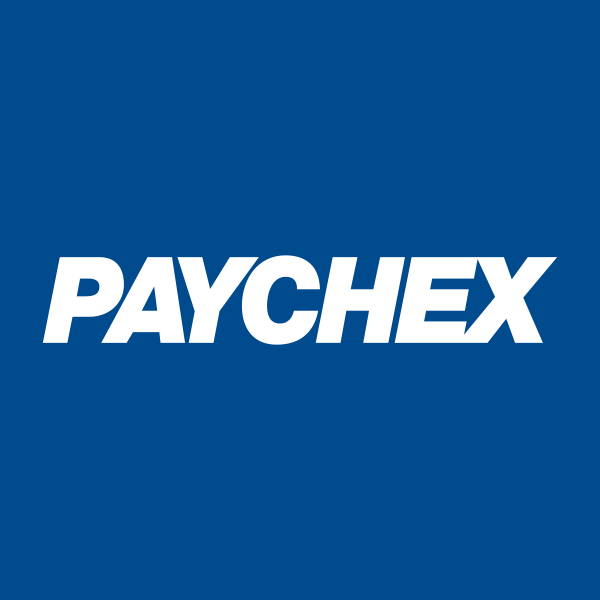
Paychex, Inc. (NASDAQ:PAYX) Stock Update and Earnings Preview
- RBC Capital updates its rating for Paychex, Inc. (NASDAQ:PAYX) to "Sector Perform" ahead of Q4 earnings release.
- Analysts expect earnings of $1.19 per share and revenue of $1.42 billion.
- Founder Thomas Golisano to step down from the board, potentially impacting the company's strategic direction.
Paychex, Inc. (NASDAQ:PAYX) is a leading provider of payroll, human resource, and benefits outsourcing services for small to medium-sized businesses. The company is known for its comprehensive suite of services that help businesses manage their workforce efficiently. Paychex competes with other industry players like ADP and TriNet Group, offering similar services in the HR and payroll sector.
On June 24, 2025, RBC Capital updated its rating for Paychex to "Sector Perform," maintaining a "hold" action. At that time, the stock price was approximately $150.61. This update comes as Paychex is set to release its fourth-quarter earnings results on June 25, 2025. Analysts expect earnings of $1.19 per share and revenue of $1.42 billion, as highlighted by Benzinga.
Ahead of the earnings announcement, Paychex shares saw a 1.4% increase, closing at $151.25 on Monday. However, the current stock price is approximately $150.63, reflecting a decrease of about 0.41% or $0.62. During the trading day, the stock fluctuated between a low of $150.17 and a high of $152.17, indicating some volatility in investor sentiment.
Paychex's market capitalization is approximately $54.26 billion, reflecting its significant presence in the HR and payroll services industry. The stock has experienced a 52-week high of $161.24 and a low of $115.40, showing a wide range of price movements over the past year. The trading volume for PAYX is 1,196,813 shares on the NASDAQ exchange, indicating active investor interest.
In a notable development, Paychex founder Thomas Golisano will step down from the board of directors following the board's meeting in July 2025. This change in leadership could impact the company's strategic direction, making the upcoming earnings call even more significant for investors and analysts alike.
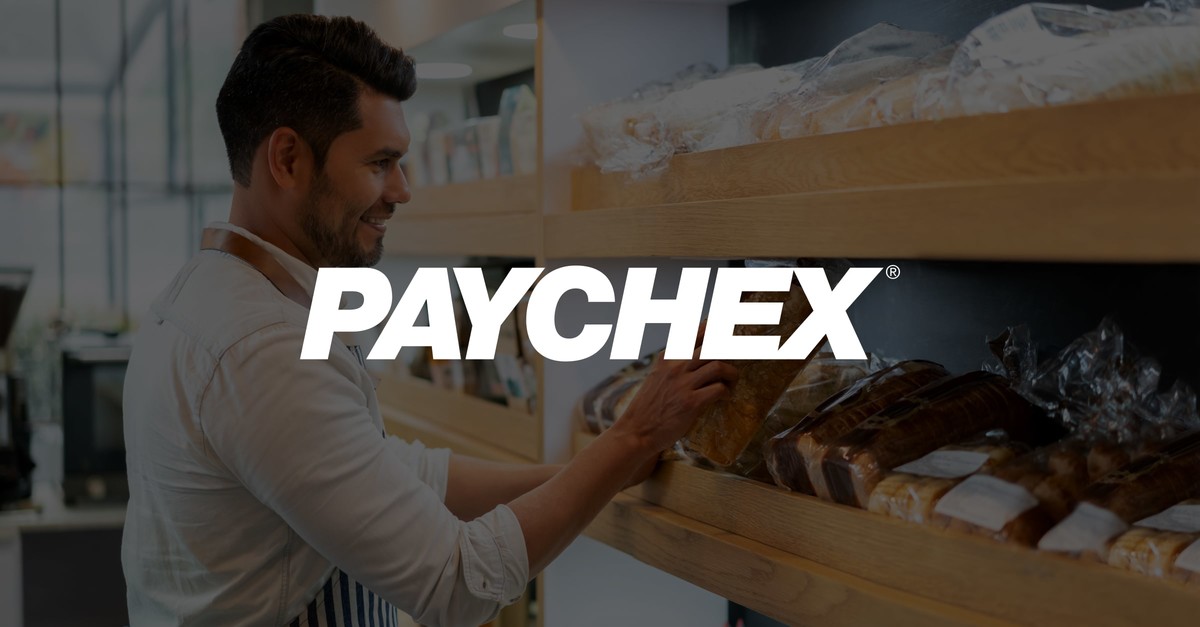
Paychex, Inc. (NASDAQ:PAYX) Earnings Preview: Q3 Fiscal 2025 Expectations
- Paychex is expected to report an EPS of $1.48, a 7.3% increase year-over-year, with projected revenue of $1.51 billion, up 4.8% from the previous year.
- The company has consistently surpassed earnings expectations, with an average earnings surprise of 1.7% over the past four quarters.
- Financial health indicators such as a P/E ratio of 30.15 and a debt-to-equity ratio of 0.016 highlight Paychex's strong market position and financial stability.
Paychex, Inc. (NASDAQ:PAYX) is a leading provider of payroll, human resource, and benefits outsourcing services for small to medium-sized businesses. The company is known for its comprehensive suite of solutions, including payroll processing, retirement services, and insurance services. Paychex competes with other industry players like ADP and Intuit, offering a range of services that cater to the diverse needs of its clients.
On March 26, 2025, Paychex is set to release its third-quarter fiscal 2025 earnings before the market opens. Analysts expect the company to report earnings per share (EPS) of $1.48, reflecting a 7.3% increase from the same period last year. This growth is supported by a projected revenue of $1.51 billion, marking a 4.8% rise year-over-year. The revenue increase is attributed to higher client wins across various segments, as highlighted by Zacks.
Paychex has a strong track record of surpassing earnings expectations, with an average earnings surprise of 1.7% over the past four quarters. The consensus estimate for the upcoming quarter's revenue is $1.5 billion, driven by growth in Management Solutions and PEO and insurance solutions. Specifically, revenues from PEO and insurance solutions are expected to reach $372.6 million, a 7.8% increase from the previous year.
The company's financial metrics provide insights into its valuation and financial health. Paychex has a price-to-earnings (P/E) ratio of approximately 30.15, indicating investor confidence in its earnings potential. The price-to-sales ratio is about 9.65, reflecting the market's valuation of its revenue. With a low debt-to-equity ratio of 0.016 and a current ratio of 1.39, Paychex demonstrates a strong financial position, capable of covering its short-term liabilities.
As Paychex prepares to announce its earnings, the stability of the consensus EPS estimate over the past 30 days suggests that analysts have maintained their confidence in the company's performance. The outcome of the earnings report and management's discussion of business conditions will be crucial in determining the stock's short-term price performance and future earnings expectations.

Paychex, Inc. (NASDAQ:PAYX) Earnings Preview: Q3 Fiscal 2025 Expectations
- Paychex is expected to report an EPS of $1.48, a 7.3% increase year-over-year, with projected revenue of $1.51 billion, up 4.8% from the previous year.
- The company has consistently surpassed earnings expectations, with an average earnings surprise of 1.7% over the past four quarters.
- Financial health indicators such as a P/E ratio of 30.15 and a debt-to-equity ratio of 0.016 highlight Paychex's strong market position and financial stability.
Paychex, Inc. (NASDAQ:PAYX) is a leading provider of payroll, human resource, and benefits outsourcing services for small to medium-sized businesses. The company is known for its comprehensive suite of solutions, including payroll processing, retirement services, and insurance services. Paychex competes with other industry players like ADP and Intuit, offering a range of services that cater to the diverse needs of its clients.
On March 26, 2025, Paychex is set to release its third-quarter fiscal 2025 earnings before the market opens. Analysts expect the company to report earnings per share (EPS) of $1.48, reflecting a 7.3% increase from the same period last year. This growth is supported by a projected revenue of $1.51 billion, marking a 4.8% rise year-over-year. The revenue increase is attributed to higher client wins across various segments, as highlighted by Zacks.
Paychex has a strong track record of surpassing earnings expectations, with an average earnings surprise of 1.7% over the past four quarters. The consensus estimate for the upcoming quarter's revenue is $1.5 billion, driven by growth in Management Solutions and PEO and insurance solutions. Specifically, revenues from PEO and insurance solutions are expected to reach $372.6 million, a 7.8% increase from the previous year.
The company's financial metrics provide insights into its valuation and financial health. Paychex has a price-to-earnings (P/E) ratio of approximately 30.15, indicating investor confidence in its earnings potential. The price-to-sales ratio is about 9.65, reflecting the market's valuation of its revenue. With a low debt-to-equity ratio of 0.016 and a current ratio of 1.39, Paychex demonstrates a strong financial position, capable of covering its short-term liabilities.
As Paychex prepares to announce its earnings, the stability of the consensus EPS estimate over the past 30 days suggests that analysts have maintained their confidence in the company's performance. The outcome of the earnings report and management's discussion of business conditions will be crucial in determining the stock's short-term price performance and future earnings expectations.
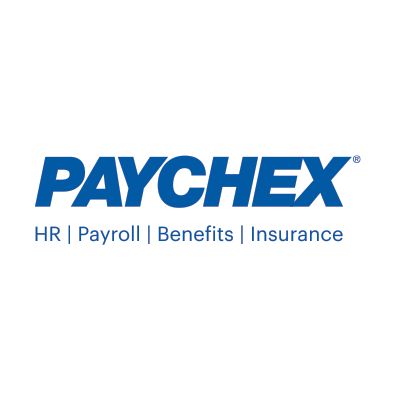
Paychex, Inc. (NASDAQ:PAYX) Capital Efficiency Analysis
- Paychex, Inc. (NASDAQ:PAYX) boasts a Return on Invested Capital (ROIC) of 32.27%, significantly higher than its Weighted Average Cost of Capital (WACC) of 9.01%.
- Compared to its peers, Paychex has a higher ROIC to WACC ratio of 3.58, indicating superior capital efficiency.
- PACCAR Inc (PCAR) has the highest ROIC to WACC ratio among the companies analyzed at 4.49, but Paychex's performance is still notably strong in its industry.
Paychex, Inc. (NASDAQ:PAYX) is a leading provider of payroll, human resource, and benefits outsourcing services for small to medium-sized businesses. The company competes with firms like Automatic Data Processing, Inc. (ADP) and Cintas Corporation (CTAS) in the business services sector. Paychex's financial performance is often compared to its peers to assess its capital efficiency.
Paychex boasts a Return on Invested Capital (ROIC) of 32.27%, significantly higher than its Weighted Average Cost of Capital (WACC) of 9.01%. This results in a ROIC to WACC ratio of 3.58, indicating that Paychex is effectively generating returns well above its cost of capital. This efficiency is a key indicator of the company's strong financial health and operational effectiveness.
In comparison, Automatic Data Processing, Inc. (ADP) has a ROIC of 4.98% and a WACC of 8.19%, resulting in a ROIC to WACC ratio of 0.61. This suggests that ADP is not utilizing its capital as effectively as Paychex. Similarly, Cintas Corporation (CTAS) has a ROIC to WACC ratio of 2.09, which is lower than Paychex's, further highlighting Paychex's superior capital efficiency.
Fastenal Company (FAST) and Fiserv, Inc. (FISV) also trail behind Paychex in terms of capital efficiency. Fastenal's ROIC to WACC ratio is 3.03, while Fiserv's is 1.94. Although Fastenal's ratio is relatively close to Paychex's, Paychex still maintains a competitive edge in generating returns above its cost of capital.
PACCAR Inc (PCAR) stands out with the highest ROIC to WACC ratio of 4.49 among the companies analyzed. Despite this, Paychex's ratio of 3.58 is still impressive, showcasing its ability to effectively utilize capital to generate substantial returns. This positions Paychex as a strong performer in its industry, second only to PACCAR in terms of capital efficiency.







